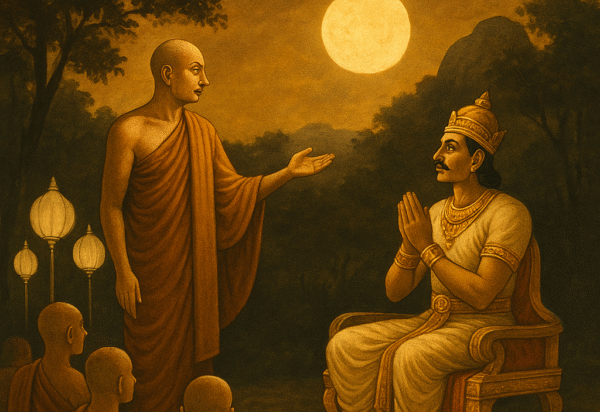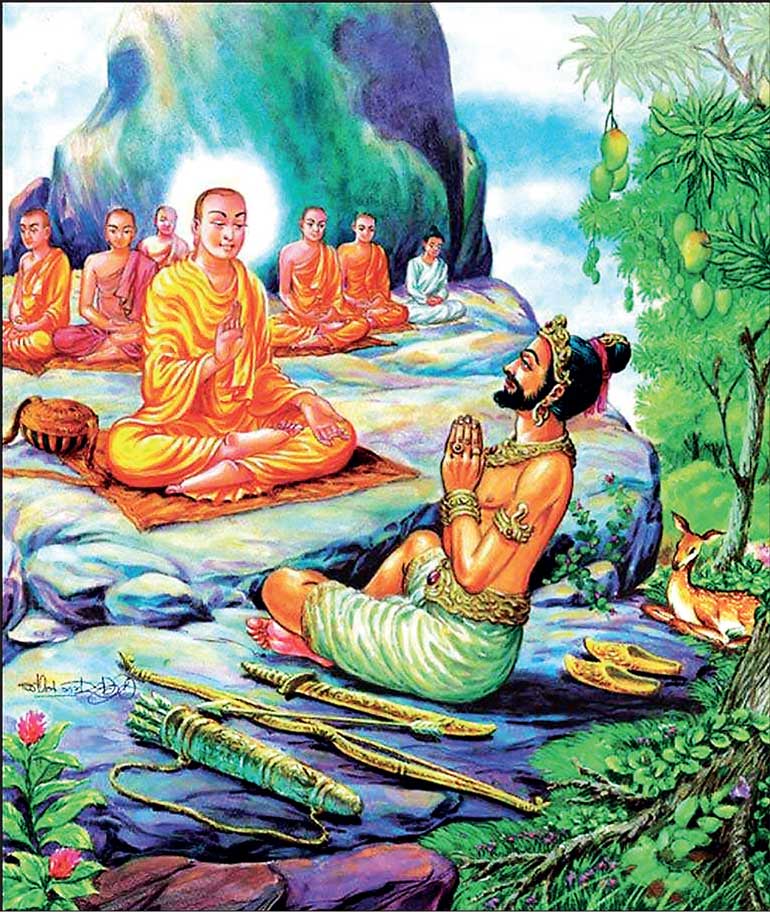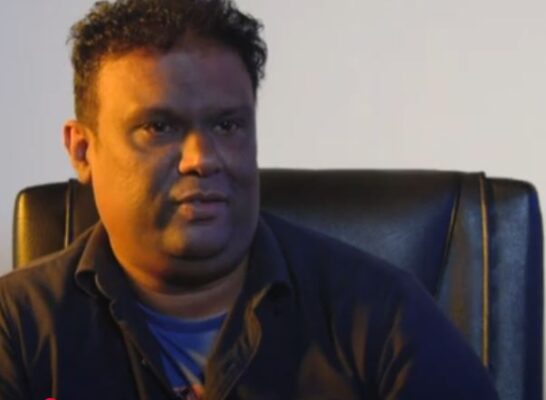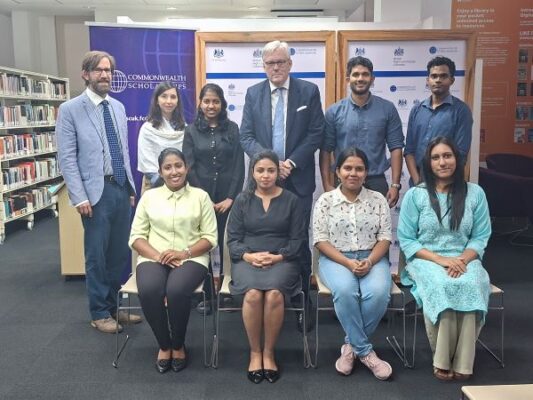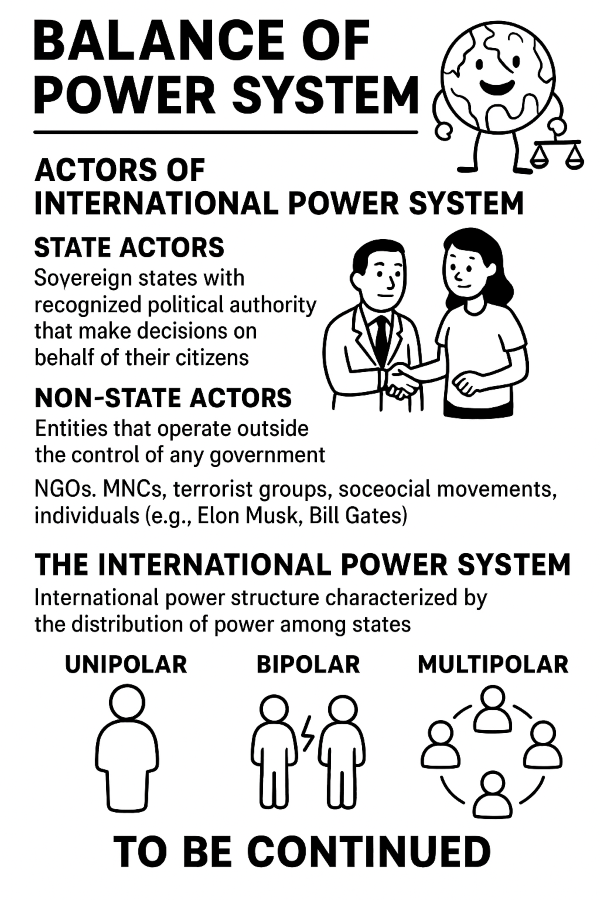The Revival of a Nation The beginning of a new era of socio-religious and spiritual renaissance in Sri Lanka – By Sanka Wasalthilake
Image Source : ft
Source : Dæhæna – June 2025
The Poson Poya Day festival is an important religious, spiritual and national event annually held in Sri Lanka, on the full moon day in June.
This year (2025), the Poson Full Moon Poya Day will be observed on Tuesday, June 10th. This day holds great significance for the Buddhist communities in Sri Lanka and neighbouring countries, as it commemorates the introduction of Buddhism with the arrival of Arahant Mahinda in Sri Lanka about 2300 years ago.
The following series of events unravels our immaculate history and heritage, and it is our prime duty to pass this legacy to our future generations and remind them of the supreme events that led to the revival of the Great Sri Lankan Nation.
1. Introduction of unblemished orthodox Theravada Buddhism
2. Birth of a rich civilisation leading to social and cultural reforms
3. Origin of a culture, art and architecture
4. Establishment of the National Order of Monks (Bhikkhu Sasana)
5. Launch of a multi-faceted construction industry devoted to monasteries, temples, cetiyas (stupas), citadels, colossal tanks, gigantic water
reservoirs and sophisticated irrigation schemes
6. The village temple became the centre of education, imparting a higher standard of moral behaviour among the inhabitants
7. Establishment of the Order of Nuns (Bhikkhuni Sasana)
The Legacy of Arahant Mahinda’s historic visit to Sri Lanka (285 BC)
The Pali chronicles report that Arahant Mahinda’s initial step was to assess King Devanampiyatissa’s intelligence and intellectual capability. He posed two sets of questionnaires comprising analogies of a mango tree and familial relationships. Contemporary scholars interpret this set of inquiries as akin to a modern IQ test, designed to evaluate the king’s capacity for rational thinking and fluid intelligence. Although these questions may appear straightforward, they are, in fact, intricate and
potentially perplexing unless the individual possesses logical reasoning skills and quick thinking.
During the first encounter between Arahant Mahinda and King Devanampiyatissa on the Mihintale rock, and having realised that the King was on a hunting expedition, Arahant Mahinda advised him about nonviolence against living creatures and stressed that the duty of a ruler is to act as the guardian of the land.
“O Great King, the birds that glide the skies and the beasts that roam the forests have an equal right to live and move anywhere on the land as you have. The land belongs to the people and all other living beings; you are only its guardian”.
According to the Mahavamsa, following this historic conversation, Arahant Mahinda delivered the famous discourse on the Simile of Elephant Footprint “Cula Hatthipadopama Sutta” in the Middle Length Discourses (Majjhima Nikaya). This teaching guides the listeners to gradually realise and understand the progressive path “anupubba patipada” which comprises morality “Sila”, concentration “Samadhi” and wisdom “Panna” and ultimately, the attainment of complete emancipation from the whole mass of dukkha.
In conclusion, the Poson Festival represents more than just a religious event; it is a vibrant celebration of Sri Lankan culture, heritage and identity. This festival emphasises the principles of non-violence, tolerance, and communal harmony, which are fundamental to the Buddhist philosophy. Additionally, it highlights the historical importance of Buddhism in reviving and influencing the moral and ethical foundations of Sri Lankan society.
Sanka Wasalthilake
Sanka Wasalthilake (PhD) has a deep passion for the study of early Buddhism, Sri Lankan Leaf manuscripts and the Pali language.
Currently, Sanka serves as a Buddhist academic and lives in Brisbane.



